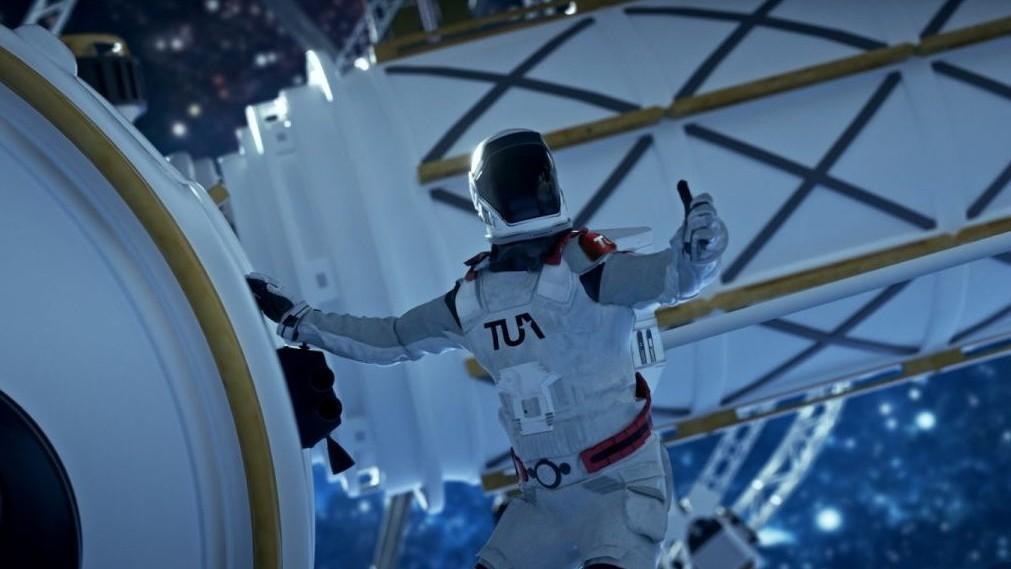
Turkish authorities and the Swedish Institute of Space Physics (IRF) have developed a collaborative lunar mission, with a particular focus on gathering critical scientific data specific to the Moon’s surface.
This partnership will provide valuable insights into the field for both countries, said the vice president of IRF, Professor Stas Barabash.
"Together, we will collect specialized data on the Moon's surface and conduct various scientific studies. Our research aims to analyze how the environment interacts with the Moon surface using an innovative technique,” he explained.
This collaborative study will help answer key questions about water formation on the Moon and the effects of local magnetism on plasma surrounding the lunar surface, Barabash noted.
He also emphasized that Türkiye's long-term space goals and strategic roadmap are highly noteworthy.
The Swedish institution has actually been collaborating with TÜBİTAK UZAY, the Space Technologies Research Institute of the Scientific and Technological Research Council of Türkiye (TÜBİTAK), on Türkiye’s first lunar mission since July 2022, he further highlighted.
Recently attending the 3rd meeting of the Lunar Scientific Working Group in the capital Ankara, Barabash underlined the substantial progress made in the mission.
“The professionalism and enthusiasm of the TÜBİTAK UZAY-led team have made the collaboration both productive and exciting,” he pointed out, adding that the meeting highlighted the growing space science community in Türkiye.
Barabash also highlighted the increasing interest among young people in aerospace and space sciences in the country, which he sees as essential for ensuring the sustainability of research and technological advancements in the field.
Noting that humanity has recently entered a period of intense lunar exploration, Barabash expressed his enthusiasm for the opportunity to participate in this thrilling expedition with Turkish colleagues. To further strengthen academic and research ties, he extended an invitation to Turkish students interested in the country’s lunar mission to pursue PhD programs in Sweden, emphasizing his eagerness to collaborate with the next generation of space scientists.